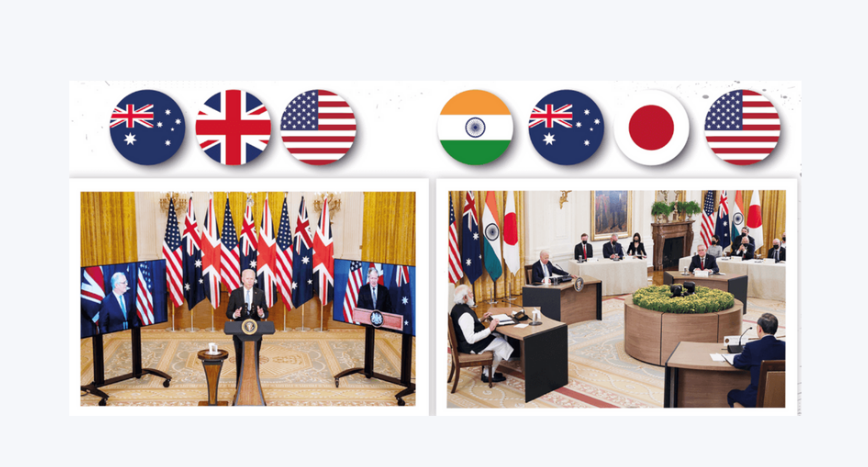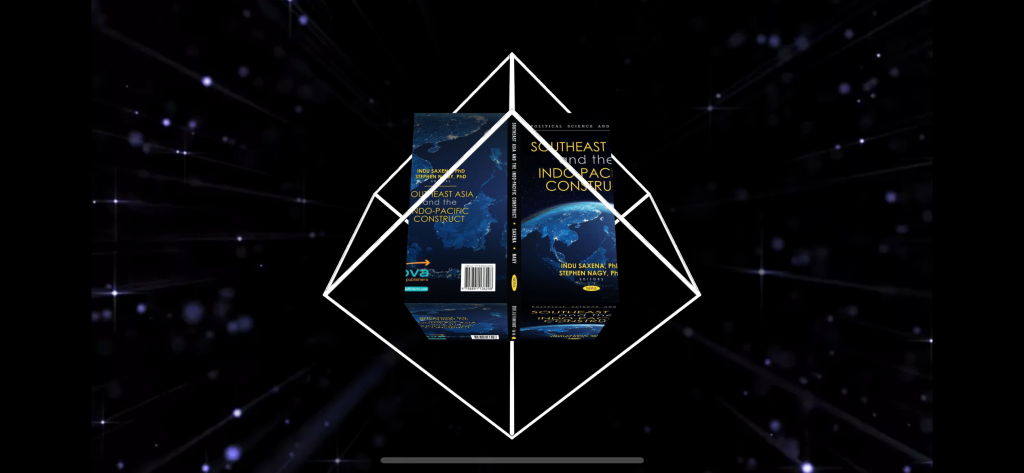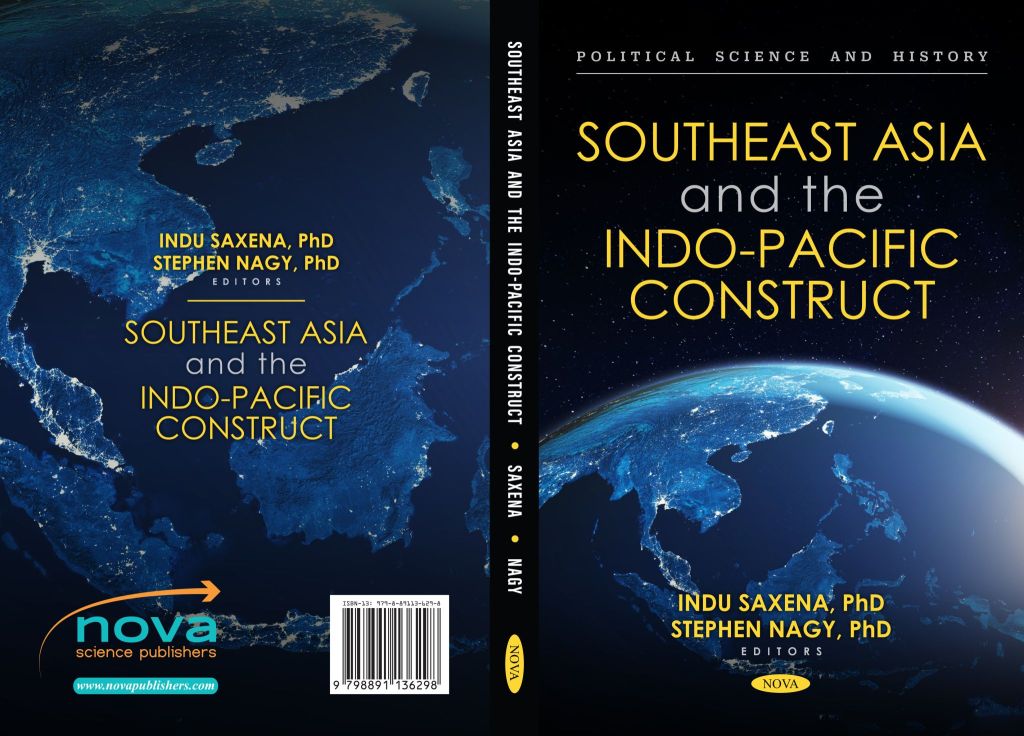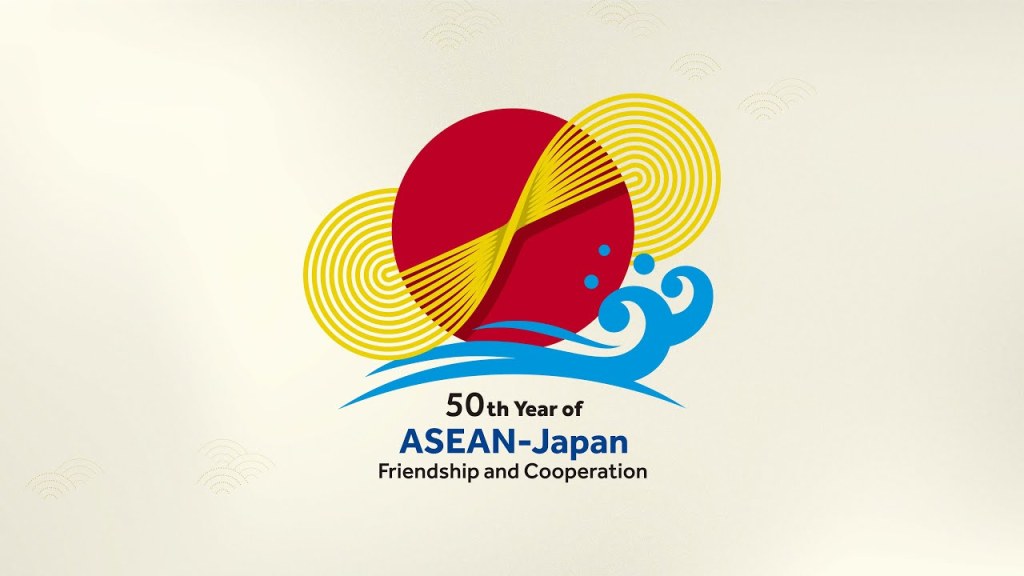Listen to the article
Given the intractable conflict between Israel and the Palestinians, Russia’s illegal war on Ukraine and China’s disregard of an international court ruling against its claims in the South China Sea, the world has moved into a period in which multilateralism has demonstrated that it is not able to tackle global problems.
The inability of multilateral organizations such as the United Nations, the Association of Southeast Asian Nations and the European Union to effectively address challenges posed by great powers like China, Russia and the U.S., as well as other actors like Israel disregarding international law, has prompted the emergence of new diplomatic and security partnerships known as minilaterals.
Countries that eschew certain international laws are not equally guilty in ignoring such laws or being hypocritical in their foreign policies. For example, the U.S. has not signed on to the United Nations Convention on the Law of the Sea but its behavior is in line with the convention. China, by contrast, has signed the agreement but has explicitly ignored it as it seeks to turn the South China Sea into a “Chinese lake.”
In the case of Russia’s illegal invasion of Ukraine, Moscow violated Article 2(4) of the U.N. Charter, a central tenet of the charter that requires member states to refrain from the “use of force against the territorial integrity or political independence of any state.” Along similar lines, some legal experts and world leaders have argued that the U.S. wars in Iraq and Afghanistan lacked justification and violated the charter.
The recent trilateral meeting in Washington involving the leaders of Japan, the Philippines and the U.S., where they discussed a Maritime Cooperative Activity (MCA) initiative in the South China Sea, is one but of many minilateral relationships that have emerged to deal with the failures of multilateralism.
For example, the Camp David summit between the U.S., South Korea and Japan concentrated its minilateral efforts on dealing with the proliferation of North Korea’s weapons.
The recent MCA discussions on the other hand, were focused on pushing back against China’s assertive behavior in the South China Sea by finding ways to deal with gray-zone operations meant to erode Philippine sovereignty in the Spratly Islands and elsewhere. The talks also included discussions on improved cooperation to promote inclusive economic growth, economic resilience and to develop critical and emerging technologies.
In the broader Indo-Pacific region, the Quadrilateral Security Dialogue aims to provide public goods to the Indo-Pacific region through a small quadrilateral partnership between India, Japan, the United States and Australia.
The logic behind a smaller group of like-minded countries is that they will be better able to align their interests, resources and focus to deal with challenges to international order based on the rule of law.
AUKUS, a trilateral security partnership between Australia, the U.K. and the U.S., is similarly placed to address challenges such as those related to deterrence aimed at China, as well as to foster technological cooperation in emerging fields such as AI, quantum computing, cybersecurity, hypersonic weapons and others to maintain some sort of superiority. Washington, Canberra and London understand that through AUKUS they will be better placed to innovate and shape how emerging technologies develop in ways that align with democratic values.
An integral aspect of this alignment is to ensure that rules-based societies play a pivotal role in shaping the regulations for emerging technologies. These technologies will not only determine the path for future economies but will also influence the dynamics between governments and their citizens.
If autocratic states like China and Russia become the first to establish regulatory frameworks for AI, quantum computing and other technologies based on their authoritarian ideologies, those tools could be utilized, not just to give them economic advantages, but also for controlling their own citizens and potentially those of other nations.
Such a scenario would pose a fundamental challenge to the free and open societies of Japan, Canada, the U.S., Australia, India and other like-minded states. It would impact the way businesses in these countries operate. Furthermore, it would influence our freedom of press, education and scientific advancement, as authoritarian regulatory standards would dictate how societies invest in and utilize technology.
Similar to “1984,” the renowned science fiction novel that vividly portrays a society under constant surveillance, individuals could find themselves unable to voice dissent against government injustices.
This echoes the conclusions of the book, “The Rise and Fall of the EAST: How Exams, Autocracy, Stability, and Technology Brought China Success, and Why They Might Lead to Its Decline,” by Yasheng Huang. It argues that education and government systems that produce citizens who do not challenge authority and societal injustices become societies that are less innovative — and eventually becomes subservient to the state rather than the state serving those societies.
In Europe, we are witnessing a threat to multilateralism as China leverages its influence over some European states to hinder the inclusion of human rights clauses. Similarly, in ASEAN, multilateralism faces challenges as China’s client states disrupt consensus-building on South China Sea issues due to Beijing’s influence.
We have also witnessed the fracture of multilateralism at the U.N. level, with Belt Road Initiative-member states voting against a motion to condemn Russia’s annexation of Ukrainian territory.
If great power politics continues to fracture multilateralism, we will not be able to solve the many challenges facing the Indo-Pacific region or the globe at large.
That’s why minilateral partnerships are here to stay. Such partnerships provide a new way to deal with challenges within the Indo-Pacific. These small groupings of countries form functional relationships that aim to solve regional problems on an adhoc and sustained basis.
They are not alliances per se, a common criticism that comes out of Beijing, or commitments to fight for each other, but are rather agreements to cooperate in terms of diplomacy, security, economics and social issues and to push back against revisionist states.
Japan has played a central role in the advancement of minilaterals, acknowledging the need for a multidimensional approach to security, encompassing both national and economic security. Tokyo recognized early on that such an approach was essential for addressing the myriad challenges to the international rule-of-law-based order.
For the foreseeable future, the U.S. will remain an unchallenged superpower. But as China continues to rise, as India becomes a more influential voice within the developing world and as Russia continues to remain a significant disrupter on the global stage, America’s ability to unilaterally deal with these challenges is in relative decline.
Minilateral relationships, particularly those involving forward-thinking countries like Japan and Australia, will help address regional challenges effectively. These relationships prioritize problem-solving and focus on regional issues, ensuring that their limited resources are concentrated where they are most needed.
Japan’s continued involvement in minilateral agreements in the Indo-Pacific region is assured due to its significant economic presence, trusted reputation and commitment to a free-and-open Indo-Pacific vision. Anticipate more minilateral partnerships with Japan in the future as Tokyo seeks to foster peace, prosperity and stability in the region and beyond. This commitment is firmly anchored in the principle of an international order governed by the rule of law.
This article was first published on April 30, 2024 on The Japan Times.





Leave a comment